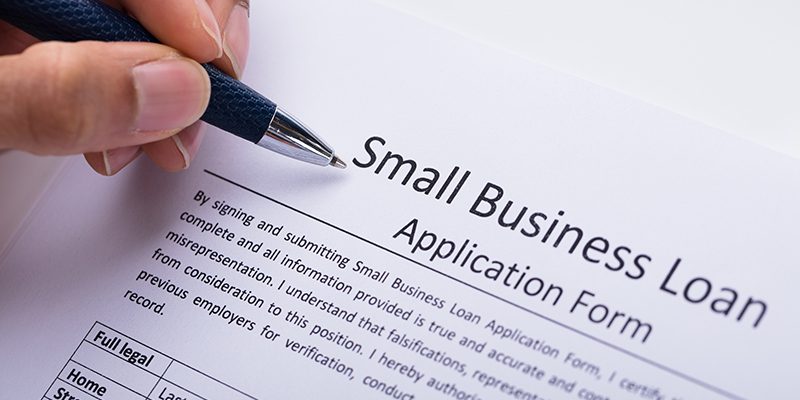Secured Versus Unsecured Business Loans: Choosing The Right Option
There are different ways by which a person can fund a new business or raise money to support the growth of an existing operations. One of the most common options is taking out a loan. In Australia and New Zealand, business owners generally have a choice between two different types of loans – each one with its own pros and cons. The two loan options are secured and unsecured loans and the purpose of this article is to compare them side by side to help decide which one is right for your business.
Secured Loans
Typically, banks provide secured loans, using the loanees property as a form of security for the loan. The “asset security” nature of secured loans is why it is also called asset-backed lending. It basically means that if you borrow a certain amount of money, you give up an asset as collateral and agree to rescind ownership of the asset to the lender if you fail to keep up with the loan repayment schedule.
Pros
• Secured loans usually offer a higher amount of money. In fact, the limit is probably the value of equity in the asset that the loaned is offering as collateral.
• Payments can stretch beyond the 3-5 years maximum that is usually available with unsecured loans, giving the loan a longer period of time to pay back.
• The extended payment period means that interest rates are relatively low and this makes it easier to keep up with repayment schedules and budget for them ahead of time.
Cons
• If the business fails to profit as expected and the loan becomes a burden to repay, the lender is permitted to possess the collateral.
• You may have to pay separate administration fees before getting the loan in some cases.
• They take a longer time to process
Unsecured Loans
These are more flexible and they don’t require property as collateral. Generally speaking, all you need is a good credit history to be approved for an unsecured loan. Examples include working capital loans and cash flow loans. Before you take out this type of loan, make sure you check the Annual Percentage Rate to get an idea of what the interest will be, and if there will be any additional fees before you can procure the loan.
Pros
• Perfect for small loans. You don’t have to put up valuable property and risk losing it for a small amount of money.
• Repayment schedules are flexible, and consequently, interest rates are too.
• Good for people already in business. The lender will use background checks on the success of the business over time and your credit history to decide if you can afford the loan.
• The process is relatively quick and easy. There are less legal headaches too.
Cons
• If you don’t have an existing credit history, it can be difficult to obtain.
• Due to the relative insecurity in the position of the lender, loans involving high amounts of money at a time are rare.
As a business owner, comparing both of these options side by side like this should give you a good idea of which loan option is best for your unique situation. However, the most obvious differences are the loan amount limits and the need for a security. While small businesses may do better with an unsecured loans, large businesses may find that only secured loans can offer what they need.
About Marshall Freeman
Marshall Freeman is Australia’s leading debt collection and recovery specialists. Through servicing over 20,000 businesses throughout Australia for over 15 years, we have gained a reputation as an industry leader in providing financial information, knowledge and education for small and medium sized enterprises.

